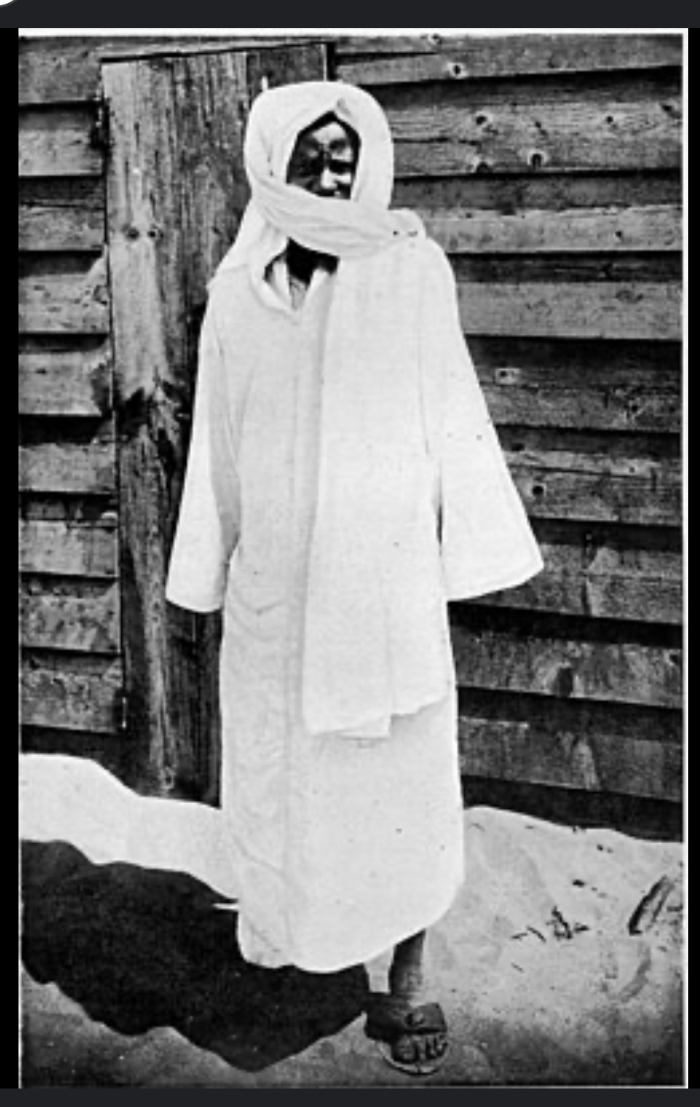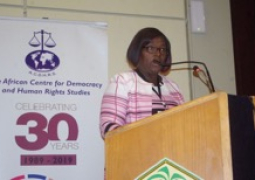
Pilgrims from across the country and around the world stream into the city to honour the life, teachings, and spiritual legacy of Cheikh Ahmadou Bamba, affectionately known as Serigne Touba.
Observed each year on the 18th day of Safar, the second month of the Islamic lunar calendar, the Magal commemorates not only Bamba’s life but also the anniversary of his exile to Gabon in 1895. That exile, imposed by French colonial authorities, was meant to silence him. Instead, it became a defining period in his mission; strengthening his resolve to promote Islam through education, peaceful resistance, and unwavering faith.
The Grand Magal was first observed in 1928, one year after Bamba’s passing. Initially, it marked the anniversary of his death. But in 1946, the commemoration was shifted to remember his exile, which he viewed as a divine test and a source of spiritual victory.
For Mouride followers, Magal - a celebration of resilience, gratitude to God, and the enduring values of humility, discipline, and service.
From the early hours of yesterday, the streets of Touba thrummed with the sound of prayers, religious chants, and the bustle of arriving pilgrims. The Great Mosque, an architectural jewel and the heart of the pilgrimage, was a focal point of devotion, as pilgrims circumambulated its grounds and visited Bamba’s mausoleum to offer prayers. Others sought blessings at the Well of Mercy or listened to marabout spiritual guides recount the teachings of Serigne Touba.
Hospitality flowed freely. In keeping with Senegal’s cherished value of teranga (generosity and hospitality), local families opened their homes to strangers, offering food, rest, and shelter. The sharing of traditional meals and communal prayers reinforce the bonds of community that the Magal has nurtured for nearly a century.
Wikipedia confirms that what began with about 70,000 participants in its early years has swelled to a staggering 4–6 million attendees in recent editions, making it not only Senegal’s largest religious event but also one of the biggest in West Africa. The government often declares a public holiday nationwide, underscoring the Magal’s national importance beyond its spiritual dimension.
The Magal’s significance extends far beyond faith. Economically, it is a giant, injecting nearly 250 billion CFA francs about USD 400 million into Senegal’s economy each year, according to research from the University of Bambey. Pilgrims spend an average of 105,000 CFA francs each during their stay, fueling demand for transport, accommodation, food, souvenirs, and religious items.
Transport operators report doubling or even tripling their revenues during the pilgrimage period. Markets in Touba overflow with goods, from locally grown produce to artisanal crafts, while hotels and guesthouses though few compared to the hospitality offered in private homes are fully booked months in advance. For small traders, the Magal represents a once-a-year opportunity to generate substantial income.
Cheikh Ahmadou Bamba (1853–1927) remains one of Senegal’s most revered historical and spiritual figures. Founder of the Mouride Brotherhood, his leadership was marked by an unwavering commitment to nonviolence, devotion to God, and the moral upliftment of his community. His refusal to cooperate with colonial authorities and his insistence on resisting them through prayer, work, and education rather than armed conflict cemented his place as a national hero.
Today, Bamba’s teachings continue to inspire not only religious devotion but also an ethic of industriousness and social responsibility that shapes much of Senegal’s cultural and economic life.
For many Senegalese, the Magal is a deeply personal journey of faith. For the nation, it is also a source of economic vitality and cultural pride. The event embodies a unique fusion of the sacred and the practical, where devotion and commerce co-exist with each reinforcing the other.
As the sun set today over Touba’s gleaming minarets, pilgrims carry home not just memories of prayers offered and blessings received, but also the reaffirmation of a collective identity rooted in faith, resilience, and generosity. In honoring Serigne Touba, the Grand Magal continues to honor the values that bind Senegal together.





